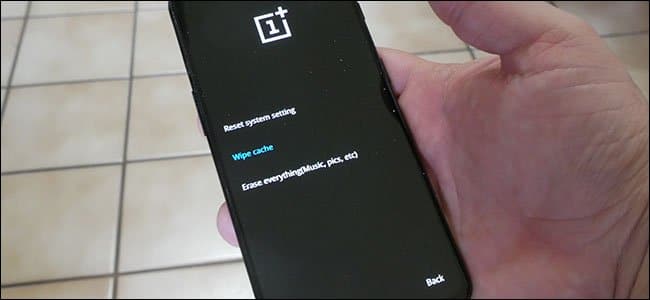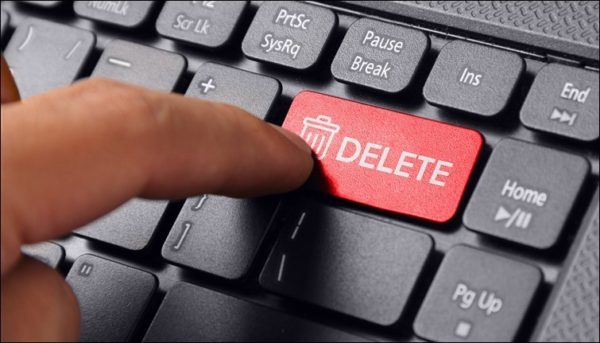Some Android phones store temporary files, used for things like OS updates, in a cache partition. You may have seen recommendations on the web that suggest deleting this partition from time to time, but is that a good idea?
What is the system cache and what data is stored there?
Some time ago, prior to the release of Nougat, Android used a system cache to store system update files. Since then, Android has moved away from this, preferring a different method for installing updates.
Many modern phones don’t even have a system cache now. If yours has a system cache, it will be on a partition separate from the phone’s main memory. Stored files do not take up user-accessible space- deleting the system cache does not allow you to download new apps, store files or save cat photos.
DONT MISS- How to clear the cache of a Samsung Galaxy
The system cache is also different from the cached app data, which is data stored by apps and specific to that particular app. For example, Spotify stores streaming music in its cache for faster (and offline) playback.
Each app has its own cache file which is separated from the system cache file and takes up user-accessible space. Clearing the cache is a great way to free up space- keep in mind that the app will rebuild the cache as you use it, so deleting it isn’t a permanent solution if you need more space.
Should you clean the system cache?
Cleaning the system cache should not cause any problems, but it is not as useful. The files that are stored there allow the device to access useful information at that moment without having to create it each time. If you clear the cache, the system will rebuild those files the next time your phone needs it (just like with the app cache).
Although we do not recommend clearing the system cache, especially if there are times when it can help. For example, sometimes these files can be damaged and cause problems. If you have problems with your phone and you no longer have options, please try it.
How to clean your phone’s system cache
As mentioned, some phones do not have a system cache partition. We have tested several phones and only those from OnePlus and Alcatel have allowed us to clear the cache. For example, Samsung Galaxy, Google Pixel and the phones from Oppo and Honor did not have this option. As with many things in Android, the way the OS works can vary.
To clear the phone’s system cache, you must first restart the device in recovery mode. To do this, turn off the device, then press and hold the power and volume down button until the phone turns back on.
If this does not work, the combination of buttons may be different on this device- if necessary, consult the user documentation.
MUST READ- How to clear an Android phone cache
You may be asked to enter a password. In this case, enter the screen lock password to enter the recovery mode.
On some devices, the touchscreen may work during restore, allowing you to touch the option you want to select. On others, you’ll have to navigate through the different options by pressing the volume up and down buttons, using the power button as the “enter” button.
From here, the process will depend on your specific device, but you will need to look for an option called “Wipe cache” or similar. You may need to consult the documentation for your specific device in case of problems.
Once you’ve found the correct option, select it. Since this is an irreversible decision, some devices may ask you to confirm your choice. Once confirmed, it should take only a few seconds to clean that partition.
When finished, use the restart option in the recovery to restart the phone normally. Your phone will turn on normally, and everything is ready!


